"A recent study from the University of Colorado suggests that the chemical resveratrol found in grape skins and in red wine can help block the cancer-causing effects of alcohol.
"Alcohol bombards your genes," says Robert Sclafani, PhD, investigator at the University of Colorado Cancer Center and professor of biochemistry and molecular genetics at the CU School of Medicine. "Your body has ways to repair this damage, but with enough alcohol eventually some damage isn’t fixed."
The body metabolizes alcohol by converting it to acetyl aldehyde, then uses aldehyde dehydrogenase (ALDH) to further convert it to acetic acid, which is excreted. Acetyl aldehyde, a partially processed state of alcohol, is a carcinogen that produces DNA "cross links" that can cause cell death.
If enough alcohol is consumed..."
Research and publish the best content.
Get Started for FREE
Sign up with Facebook Sign up with X
I don't have a Facebook or a X account
Already have an account: Login
Live longer in good health and you will have a chance to extend your healthy life even further
Curated by
Ray and Terry's
 Your new post is loading... Your new post is loading...
 Your new post is loading... Your new post is loading...
|
|









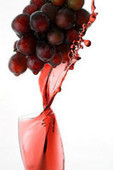
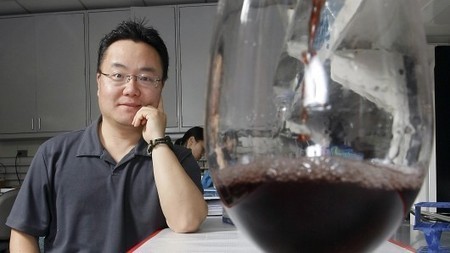
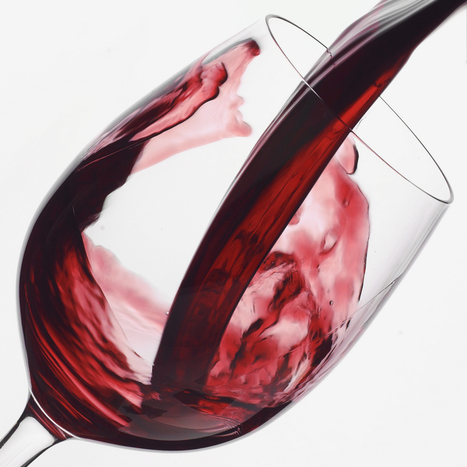
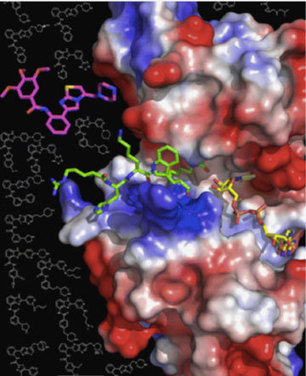



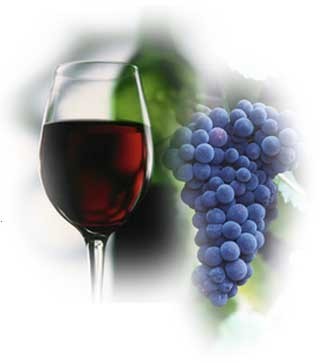





In the saloons of the old west, this was known as "coppering your bet". You hope to win either way. Bottom line; if you don't drink, don't start...too many health issues. However, if you DO enjoy the occasional tipple, stick to red wine, which contains resveratrol, a powerful antioxidant.